#kings field iv
Explore tagged Tumblr posts
Text
been listening to this for weeks now
19 notes
·
View notes
Text
youtube
0 notes
Text






King's Field IV (2001) Developed by FromSoftware
#king's field#king's field iv#king's field: the ancient city#the ancient city#キングスフィールド#キングスフィールドIV#fromsoftware#playstation 2
59 notes
·
View notes
Text


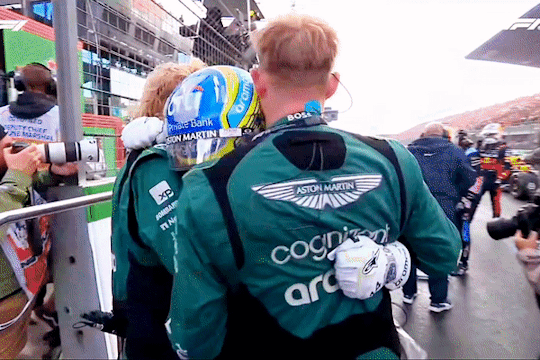
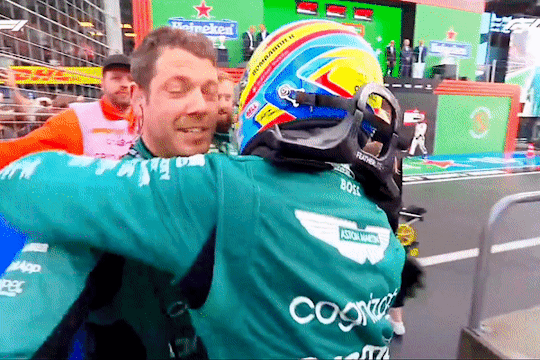


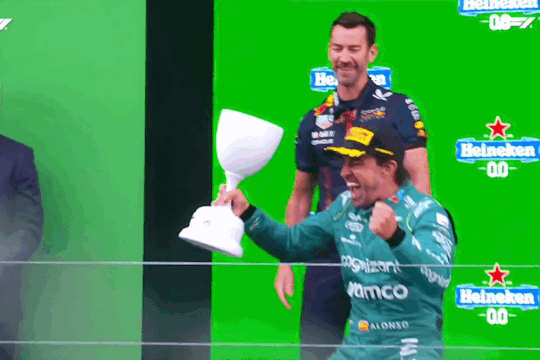


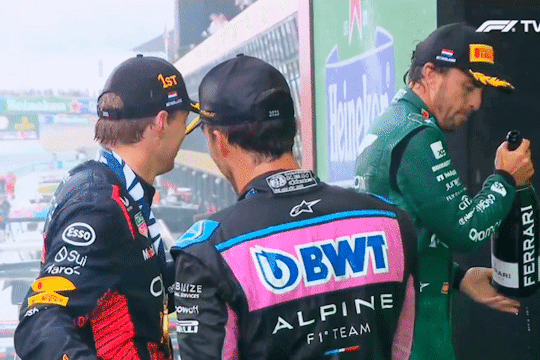
2023 Dutch Grand Prix - Fernando Alonso(ft. Max Verstappen & Pierre Gasly)
#GUYS I AM SO INCREDIBLY HAPPY TODAY AAAAHHHHHHHHHHH#LETS GOOOOOO BACK ON THE PODIUM!!!!!!!!!#ive done enough live blogging that sums up my feelings hahaha so i should refrain here#i think that was def my fav race of the season(other than bahrain prob hehehe)#but god what a fantastic race!! yes i cried a bit#like everyone was overtaking and there was such good racing up and down the field and it felt so close#thank you to the rain!!!!!#i need a nando overtak count bcs my god he was actually insane this race#like that first lap double overtake?????? okay????? go off king!!!!!!!#but aaaahhhhh everyone was so happy for himmmmmmmm#like hugging him and chanting his name and cheering!! AS HE DESERVESSSSSSSS#the green background of the podium...it was foreshadowing#im still on my caffiene high from rb so im so sorry to all my mutuals for all the caps and screaming and tambling BUT IT IS A GREAT DAY#i kinda wanna clip some parts of his interview cause he was very cute and happy and silly today hehehe#fernando alonso#f1#formula one#formula 1#fa14#max verstappen#aston martin#pierre gasly#2023 dutch gp#2023 dutch grand prix#we do a little bit of f1
167 notes
·
View notes
Text
Tsukasa Saitoh | City Ruins from King's Field IV

#aka that one bop that Zullie the Witch uses all the time#king's field#king's field iv#city ruins#fromsoftware#tsukasa saitoh#zullie the witch
37 notes
·
View notes
Text

im being very normal about him
#pidge plays fields of mistria#it aint much but its honest work#i will wait for u king#anyway this is all ive been doing lately because i am on a strong panic backslide teehee
10 notes
·
View notes
Text
the ruins of new londo are in this game too??!?
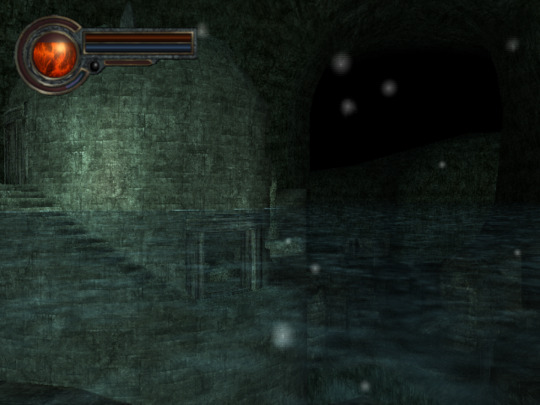
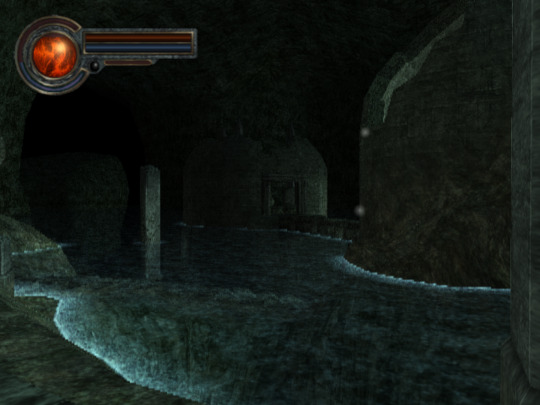
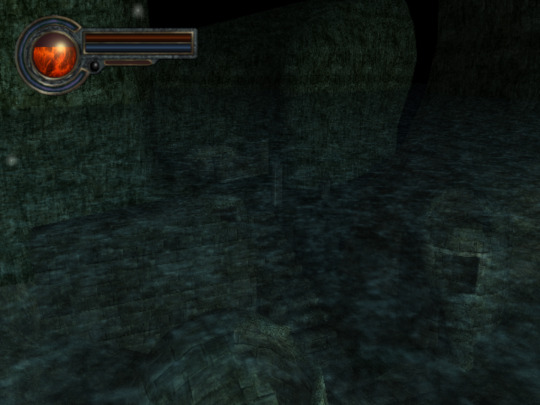
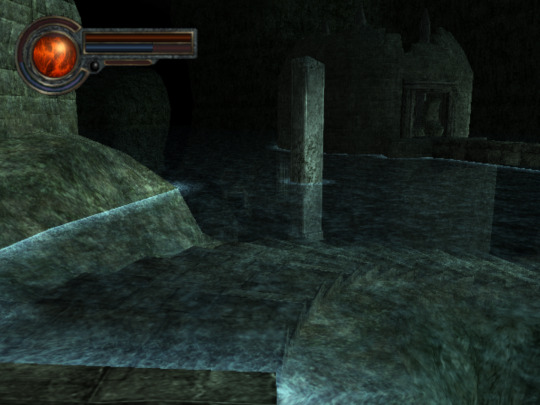
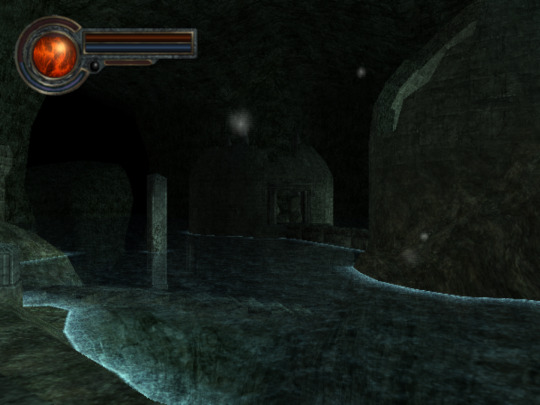
FLOODED TO SEAL THE DARK?!?!

#i guess if you have a good idea you do just have to put it in more than one game#king's field IV#king's field the ancient city#gaming in the moonsink
19 notes
·
View notes
Text


All that remains of the bloodiest battle on British soil is a simple cross
#Battle of Flodden#Flodden Field#Branxton#Northumberland#King James IV#King Henry VIII#Tudor era#Scottish invasion#Brainston Moor#British history#bloodiest battle#UK#1513
49 notes
·
View notes
Text
Remembering James Earl Jones 1931-2024
Sad news today that actor James Earl Jones has died at 93. He had a 60+ year in entertainment. He was an EGOT too!
He will forever be known as the voice of Darth Vader in the Star Wars movies. George Lucas wanted David Prowse (who died in 2020) to do the physical performance and Jones to be the powerful voice of the greatest villain in movie history. That's his iconic voice as Vader in Star Wars: Episode IV - A New Hope, The Star Wars Holiday Special (got my bootleg DVD!), Star Wars: Episode V - The Empire Strikes Back, Star Wars: Episode VI - Return of the Jedi, Star Wars: Episode III - Revenge of the Sith, Star Tours: The Adventures Continue, on 5 episodes of Star Wars: Rebels, Rogue One: A Star Wars Story, Star Wars: Episode IX - The Rise of Skywalker, and on the 2022 series Obi-Wan Kenobi. He was uncredited for the first two films and credited thereafter once everyone knew who it was. To say he was a tremendous part of the character and the Star Wars Universe would be a colossal understatement.
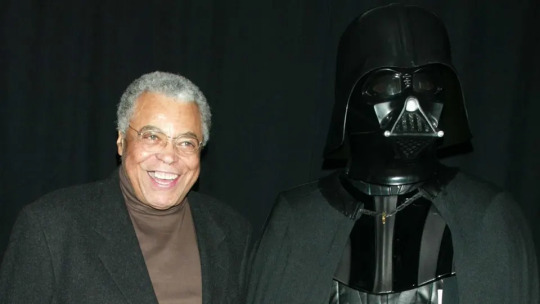
Jones and Darth Vader together in 2002
Other notable performances included Stanley Kubrick's Dr. Strangelove or: How I Learned to Stop Worrying and Love the Bomb, Roots: The Next Generations, Soul Man, Matewan, the King in Coming to America (and it's lesser sequel I got to review in 2021), Field of Dreams, The Hunt for Red October, a cameo in Naked Gun 33 1/3: The Final Insult, the underrated Clean Slate, as the voice of Mufasa in the animated The Lion King and the live action The Lion King.
The link above is the obit from CNN.
#james earl jones#rip#star wars#george lucas#star wars: episode iv - a new hope#star wars: episode v the empire strikes back#star wars: episode vi - return of the jedi#rogue one#star wars: ix - the rise of skywalker#dr. strangelove#roots: the next generation#soul man#matewan#coming to america#field of dreams#the hunt for red october#clean slate#the lion king#film geek
3 notes
·
View notes
Text
john constantine in a historical AU is one of my favorite thought experiments but WHY does every version of it DC has come up with absolutely suck?
#hellblazer#john constantine#i think the hellblazer version where it wasnt john but was one of his ancestors in like the stuart era was. ok#definitely one of the better versions ive seen tho it had him as a vaguely disgraced aristocrat#which is interesting given john's working class background but his familt history IS set up to be#nobility adjacent? i always forget if hes actually related to king arthur or merlin or both who knows#some corner of a foreign field/that is forever england-core anyway
4 notes
·
View notes
Text
sometimes I feel like the things that impacted my art style are obvious and then I think about it and some of them probably Really Aren't
#obvious: hellboy (only read somewhat recently). httyd and mlp (inevitable by exposure time). dnd dragon art and neondragon how to books#also obvious: graffiti and comic art in general#less well known: ghostopolis. bone comics. dragon booster.#getting niche-r: everybody needs a rock and other books illustrated by Peter Parnall. kirikou and the sorceress. beatles yellow submarine#mega bloks dragons movies and McFarlane dragon figures back before they did game of thrones#out of left field well known but unexpected contender for art style development: hot wheels world race dvd#and of course belated well known additions: lion king spirit stallion of the cimmaron howls moving castle treasure planet atlantis#i could go on listing forever. we are all the culmination of our experiences and our art shapes one another in ways#we could never expect or quantify. this isnt even TOUCHING on the number of online art pieces ive seen and dont remember the artist names on#not art
32 notes
·
View notes
Text


King's Field IV (2001) Developed by FromSoftware
#king's field#king's field iv#king's field: the ancient city#the ancient city#キングスフィールド#キングスフィールドIV#fromsoftware#playstation 2
43 notes
·
View notes
Text
#lotr#seeing return of the king in cinema on saturday after teo towers last week#and ive been crying over the ost all week#and i cannot decide which i love more#like#helms deep is phenomenal#and i cried from forth eorlingas onwards#but theodens speech at pelennor fields#and eowyn fighting the witch king#and theodens death#and aragorn#but gandalfs charge with the rohirrim#fucking hell i really cant decide#decide for me#lord of the rings#helms deep#battle of the pelennor fields#two towers#return of the king
7 notes
·
View notes


